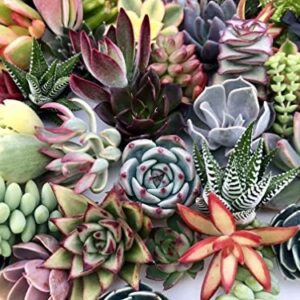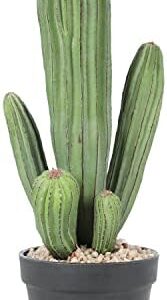When we think of caring for our homes, things like cleaning and maintenance usually come to mind. However, one often overlooked aspect of home care is taking care of the plants that reside within our living spaces. Plants not only add beauty and greenery to our homes but they also provide a myriad of benefits for our physical and mental well-being.
Plants are natural air purifiers, helping to remove toxins from our indoor environments and improve air quality. They release oxygen and absorb carbon dioxide, helping to create a healthier environment for us to live in. In addition, having plants in our homes has been shown to reduce stress and anxiety, lower blood pressure, and improve concentration and productivity.
But in order for plants to thrive and provide these benefits, they need to be properly cared for and maintained. Just like any living thing, plants require regular attention and nurturing in order to flourish. Here are some important plant care tips to help you keep your indoor green friends happy and healthy.
Watering
One of the most important aspects of plant care is proper watering. Different plants have different watering needs, so it’s important to research the specific requirements of each plant you have in your home. Some plants, like succulents and cacti, prefer to be watered infrequently, while others, like ferns and tropical plants, prefer more consistent moisture. Always feel the soil before watering to ensure it is dry before adding more water. Overwatering can lead to root rot and other issues, so it’s important not to drown your plants.
Light
Plants require light to photosynthesize and grow, so it’s important to place them in locations where they can receive adequate light. Some plants prefer direct sunlight, while others prefer indirect light or even low light conditions. Again, it’s important to research the specific needs of each plant to ensure they are placed in the right location in your home. If you notice your plant becoming leggy or wilted, it may be a sign that it isn’t getting enough light.
Pruning
Regular pruning is important for maintaining the health and appearance of your plants. Removing dead or yellowing leaves, trimming back overgrown branches, and deadheading flowers can all help to promote new growth and keep your plants looking their best. Be sure to use clean and sharp tools when pruning to avoid damaging your plants.
Fertilizing
Plants require nutrients in order to thrive, and sometimes the nutrients in the soil can become depleted. Fertilizing your plants periodically can help to provide them with the essential nutrients they need to grow and stay healthy. There are many different types of plant fertilizers available, so be sure to choose one that is appropriate for the type of plants you have in your home.
Repotting
As plants grow, they may outgrow their current pots or become rootbound, meaning their roots have filled the pot and are circling around the root ball. When this happens, it’s important to repot your plants into larger containers to give them room to grow. Choose a pot that is slightly larger than the current one and use fresh potting soil to provide your plant with a fresh start.
Pest Control
Just like outdoor plants, indoor plants can also fall victim to pests like aphids, mealybugs, and spider mites. Regularly inspecting your plants for signs of pests and taking action to control them is important to prevent infestations and damage to your plants. There are many natural remedies for controlling pests, such as neem oil or insecticidal soap, that are safe for both your plants and the environment.
In addition to these practical tips for caring for your plants, it’s also important to remember the emotional benefits of plant care. Watching your plants grow and thrive can be a rewarding and therapeutic experience. Taking the time to care for your plants can provide a sense of purpose and connection to nature, which is especially important in our increasingly digital and fast-paced world.
So the next time you’re thinking about home care, don’t forget to give your indoor plants some love and attention. By nurturing nature within your home, you can create a healthier and more harmonious living environment for yourself and your loved ones. Happy growing!






